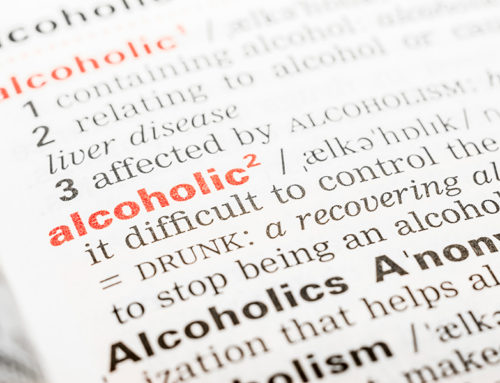When we talk about successful addiction recovery, we are not talking about the speed of recovery or a simple solution to make it in recovery.

We all want to have an easy, fast pain-free solution to our shame, anxiety and even fears that come after getting some help on our alcohol or drug addiction. But the truth is that there is no fast or easy way of coming out of recovery. When you even think of going for a shortcut, you won’t find any; you will be more depressed and in a deeper mess than before.
However, there is a sure way to a successful addiction recovery plan that includes effective solutions that have been tested, and they have managed to give a lot of people direction and fulfillment. We are going to look at some tips gathered from professionals, the recovery community, and addiction treatment experts. Although one solution might work for someone, the same solution may not work for someone else. On the onset, you need to realize that recovery is purely personal, and there is no one-solution-fits-all approach.
It is suggested that you keep an open mind to what you have not tried, tailor-make and adjust the solutions to your situation because, at the end of the day, it is your life and your sobriety that is on the line.
Avoid Temptation
If you hang around the same crew you used to engage with prior to rehab, you will most definitely get yourself into the same drug or alcohol cycle. Attending parties with your friends who like getting high on cocaine or any other drug is a temptation about to burst open. Attending the same concerts where cannabis sativa is smoked openly and drinks flow like the river Mississippi will not contribute positively to your path to addiction recovery. Avoid the people who can draw you into these environments.
You might have stayed sober for months, even years, but once you open up a slight path by hanging out in the dangerous spots thinking that you are strong enough, it is a like building a castle on sand; it will soon crumble, it’s just a matter of time. Instead, stay close to friends who are also in recovery and stick together as you motivate each other.
Use Tools From Rehab
While you were in addiction treatment, you learned quite a lot skills like mindfulness, connecting with the higher power, coping skills and dealing with peer pressure to name a few. In rehab, there are a lot of tools you were given on how to adapt to situations, and how to engage with your peers who deal in drugs. Since you have these tools, it is important to use them in real life situation. Meditate on them and use them on a daily basis.
Keep Yourself Busy
It is said that an idle mind is the devil’s playground. Well, the expression is true. Since you have changed your social life and also your lifestyle of partying and chilling with your buddies, it might get boring really fast. When the feelings of partying or going out to party kicks in, call your support group for help. But you can’t expect much from your support group each time.
What you can do for yourself is to get a job if you don’t have one. For those who are already employed, you can try working up new safe hobbies that are productive or contribute to your development. You can also go back to school and study a course of your liking. Once you find something productive to engage your mind, it will increase your confidence, drift your mind into something more interesting to focus on and make you become a much more responsible person.
Discuss the Challenges
Challenges will always be there; when they do come, share them with your support group. It is said that a problem shared is a problem half solved, take the step of sharing your tribulations with a sponsor or at a twelve-step meeting. The good thing about sharing is that someone else might either be going through the same problem or someone has already gone through it. Sharing it might not only get you a solution, but it can also help someone else; don’t keep things to yourself, share them.
Conclusion
Are these the only strategies that can help you have a successful addiction recovery plan? No, recovery is unique to everyone. Use these suggestions to make the most out of them and create new strategies as you go along. Recovery takes time; you need to stay committed to it and learn as you grow.



